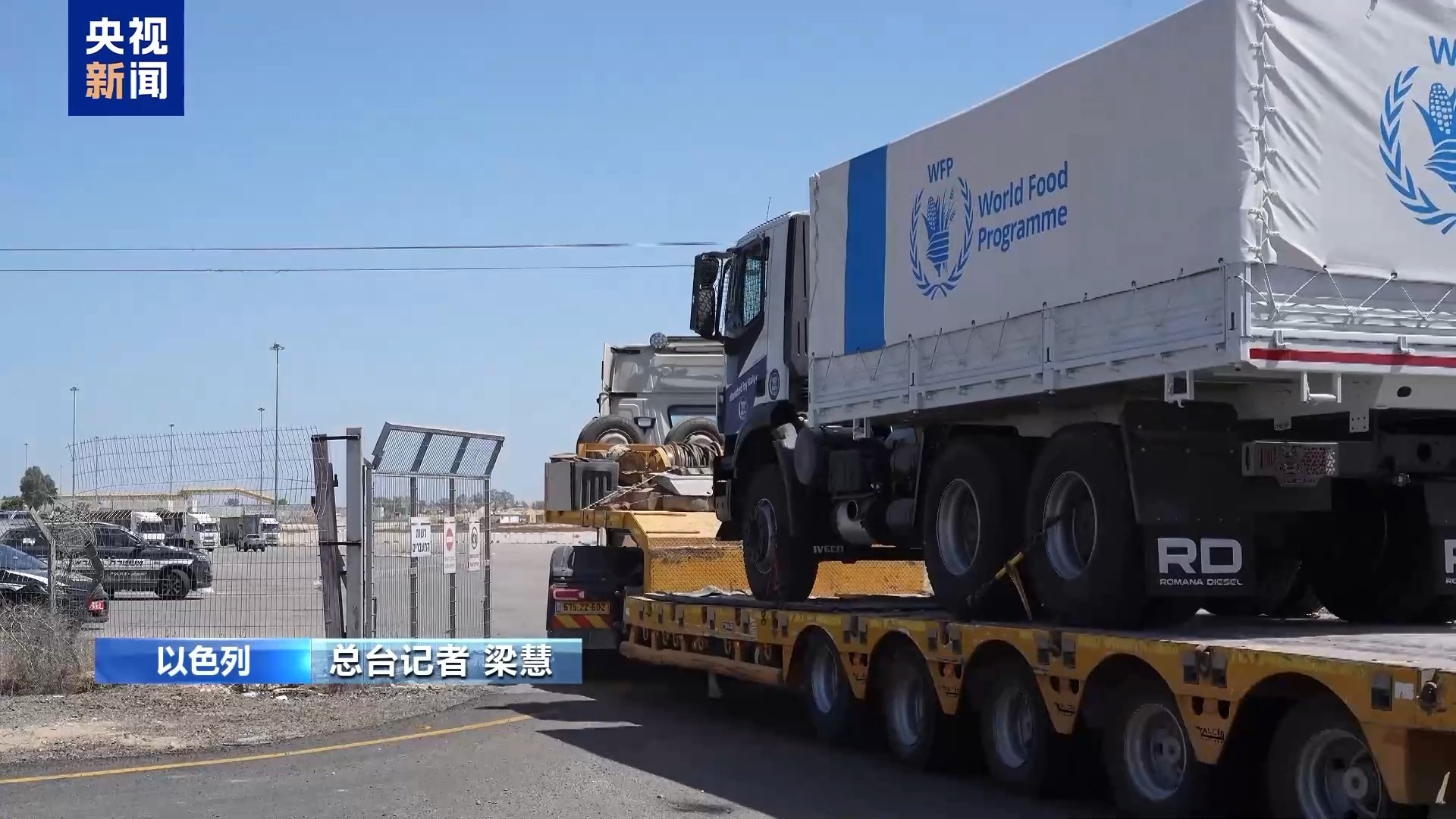Rethinking the consequences of U.S. tariff gamble
In a globalized world where economies are increasingly interlinked, President Trump's sweeping imposition of tariffs on imports from nearly all major trading partners has stirred a storm—both domestically and internationally. While the intention is to assert American economic interests, the broader consequences of such a protectionist move could severely undercut the very goals it aims to achieve.。
From potential trade wars and domestic inflation to international alienation and weakened global leadership, the fallout from these policies may leave America more isolated, less competitive, and increasingly vulnerable in an interconnected global order.。

Tariffs in theory vs. reality。

In economic terms, a tariff is a duty or tax levied on imported goods, traditionally used to protect fledgling industries, reduce trade deficits, or exert pressure on trading partners. Historically, countries like the U.S. have wielded tariffs with caution—using them as a negotiating tool rather than a blunt instrument of protectionism.。

But today's context is different. The U.S. is no longer a manufacturing-heavy economy. Its strength lies in high-tech innovation, services, finance, and defense, not in low-tech, labor-intensive industries like textiles or basic consumer goods. Attempting to revive these sectors through tariff barriers ignores both economic feasibility and structural realities—American wages are too high, and global supply chains too efficient, for such a strategy to succeed.。
A unilateral decision with limited consensus。
Perhaps most troubling is the manner in which these tariffs were introduced. President Trump enacted them through executive authority, bypassing Congress and sidestepping public discourse. Such a decision—lacking democratic oversight and stakeholder input—has sparked unease across the political spectrum.。
Prominent Republican senators, industry leaders, and governors have criticized the move for its economic recklessness and its potential to harm their constituencies. Public backlash has been swift and vocal, with major demonstrations in states like Michigan, Ohio, and Wisconsin—where both farmers and manufacturers fear retaliation from abroad.。
Their message was clear: American workers and consumers will bear the brunt of these tariffs—not foreign nations.。
Who really pays for tariffs?
Despite political rhetoric, tariffs are not paid by foreign exporters. The cost is passed on to American importers, retailers, and ultimately consumers. Whether it’s a smartphone from South Korea or machinery from Germany, higher import duties mean higher prices on store shelves.。
A recent analysis by the U.S. Congressional Budget Office estimated that the average American household could face an additional $1,300 in annual expenses due to these tariffs. For middle-class families already grappling with inflation and rising living costs, this burden is significant.。
Moreover, small businesses—which form the backbone of the U.S. economy—are disproportionately affected. Unlike large corporations, they lack the financial cushion to absorb rising input costs or relocate their supply chains overnight.。
Global reaction: Allies alarmed, rivals energized。
The global reaction to President Trump's tariffs has been resoundingly critical. Traditional U.S. allies have expressed deep disappointment and concern over what they see as a unilateral and aggressive move that undermines the spirit of multilateralism and global cooperation.。
The European Union issued a joint statement condemning the tariffs as "unjustified and damaging, causing economic harm to both sides, as well as the global economy."。
Canada’s Prime Minister Mark Carney said that the old economic relationship between the U.S. and Canada is “over,” vowing that Ottawa will respond “forcefully.”。
The Chinese government strongly condemns and firmly opposes U.S. abuse of tariffs.。
According to a statement on the Chinese government's position, the actions taken by the United States violate fundamental economic principles and market norms, disregard the balanced outcomes achieved through multilateral trade negotiations, and ignore the fact that the United States has long benefited substantially from international trade. Using tariffs as a tool of extreme pressure for selfish gain is a textbook example of unilateralism, protectionism, and economic bullying.。
Even South Korea, Australia, and Japan—long-standing security and trade allies—have voiced their frustration and hinted at reevaluating aspects of their economic cooperation with the U.S.。
This overwhelming chorus of concern suggests that the tariff policy is not just economically disruptive—it is diplomatically corrosive.。
Global retaliation: A domino effect。
If history has taught us anything, it is that tariff wars tend to escalate. In response to U.S. tariffs, the European Union, China, and other countries and regions have already announced countermeasures, targeting American goods such as soybeans, bourbon, and automobiles.。
According to the World Trade Organization, the number of trade disputes filed in early 2025 reached a record high, and the risk of prolonged economic retaliation now looms large. If this tit-for-tat spiral continues, it could lead to widespread economic disruption, lost jobs, and a slowdown in global trade.。
The World Bank warned that U.S. across-the-board tariffs of 10% could reduce already lackluster global economic growth of 2.7% in 2025 by 0.3 percentage point if America's trading partners retaliate with tariffs of their own. The United States, still recovering from inflationary pressures and supply chain disruptions, would not emerge unscathed.。
Undermining U.S. alliances and global influence。
Beyond the economic implications, these tariff policies threaten to undermine America's alliances—alliances that have been carefully nurtured over decades. Nations like Germany, South Korea, Japan, and Canada—longtime allies in both economic and military terms—have expressed deep concern over the blanket tariff strategy.。
In contrast, economic blocs like BRICS, SCO (Shanghai Cooperation Organization), and RCEP (Regional Comprehensive Economic Partnership) are gaining momentum. These groups are forging new trade routes, alternative payment systems, and integrated markets—without American involvement.。
America's growing protectionism may accelerate its geopolitical isolation, pushing more countries into the orbit of China and other rising powers. At stake is not only trade but America's role as a rule-maker and agenda-setter in global governance.。
Rethinking the path forward。
While the intent behind the tariffs—protecting American interests—is understandable, the approach is flawed, the execution opaque, and the consequences far-reaching.。
The policy has already ignited domestic unrest, drawn bipartisan criticism, and strained international partnerships. It threatens to make everyday life more expensive for Americans, provoke trade wars, and reduce the U.S.'s global relevance.。
Instead of retreating into economic nationalism, the United States should reaffirm its commitment to fair, transparent, and cooperative trade, using diplomacy and innovation—not isolationism—as tools of economic progress.。
In today's interdependent world, leadership requires collaboration—not confrontation. America must choose wisely.。
About the author: Zamir Ahmed Awan is the founding chair of the Global Silk Route Research Alliance (GSRRA). He is a sinologist and former diplomat. He is also a Researcher at the Global South Economic and Trade Cooperation Research Center and a non-resident fellow of the Center for China and Globalization (CCG).。
(责任编辑:时尚)
-
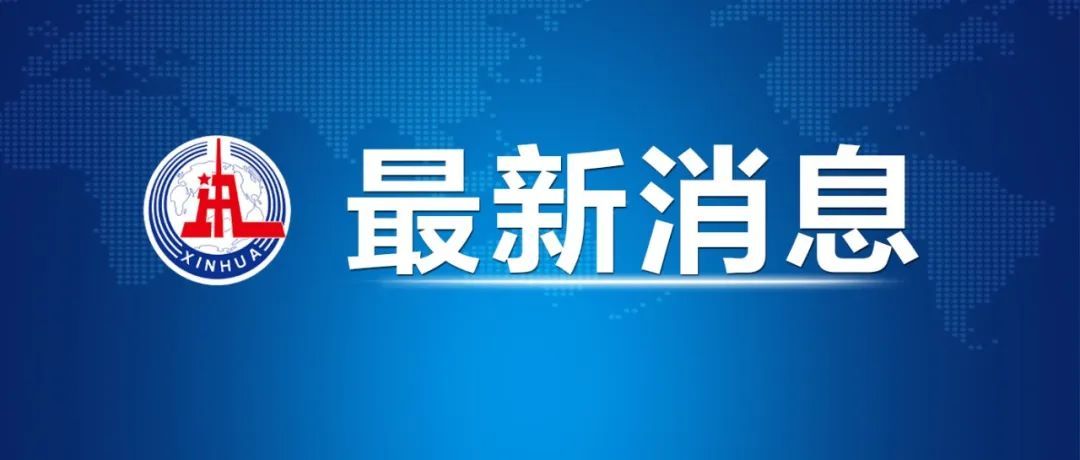 国家网信办继续深化整治网上金融信息乱象。近期,国家网信办会同金融管理部分依法处置一批分布资本市场不实信息、展开不合法荐股、炒作虚拟钱银买卖等的账号、网站。现将部分典型事例通报如下:1.“爱股票APP”
...[详细]
国家网信办继续深化整治网上金融信息乱象。近期,国家网信办会同金融管理部分依法处置一批分布资本市场不实信息、展开不合法荐股、炒作虚拟钱银买卖等的账号、网站。现将部分典型事例通报如下:1.“爱股票APP”
...[详细]
-
 在新疆博物馆琳琅满目的藏品中,唐代彩绘驼夫木俑可谓 “抢镜达人”。清楚仅仅很多文物里的一员,却凭仗一起气质锋芒毕露,引得很多参观者停步注视。这件来自阿斯塔那古墓群的木俑,容貌极具辨识度,55.8 厘米
...[详细]
在新疆博物馆琳琅满目的藏品中,唐代彩绘驼夫木俑可谓 “抢镜达人”。清楚仅仅很多文物里的一员,却凭仗一起气质锋芒毕露,引得很多参观者停步注视。这件来自阿斯塔那古墓群的木俑,容貌极具辨识度,55.8 厘米
...[详细]
-
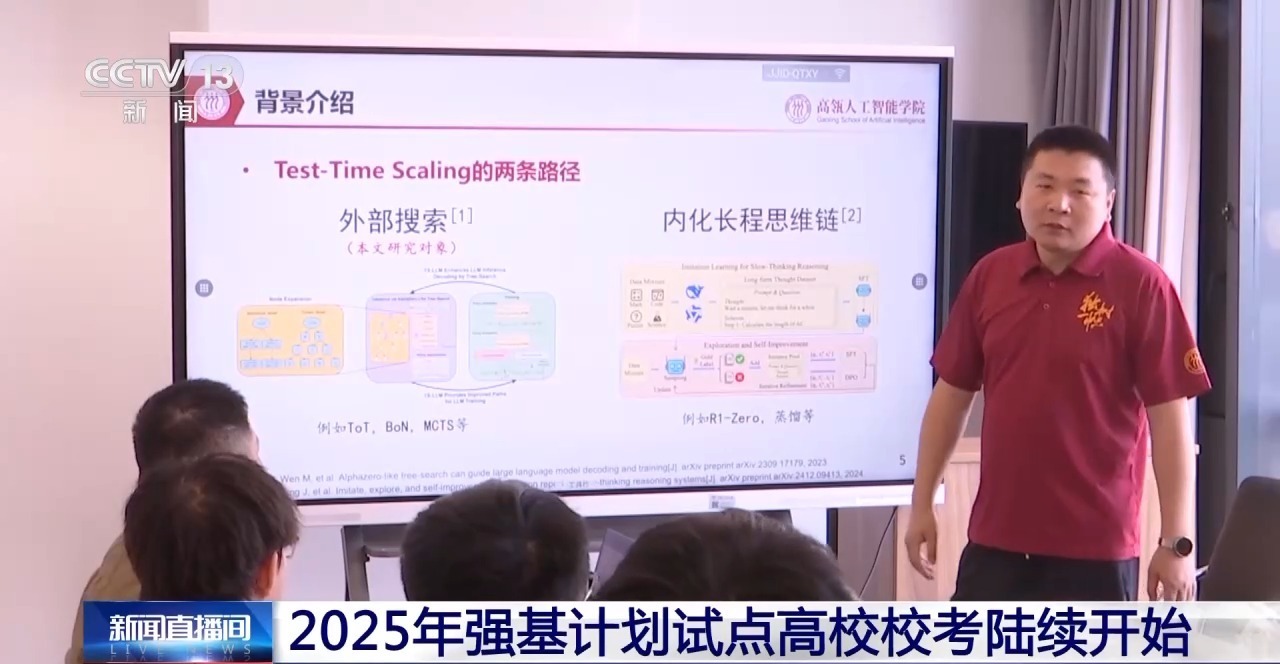 这几天,强基方案试点高校连续进入校考阶段。强基方案,是教育部从2020年起实施的一项根底学科招生变革试点,现在在我国39所“双一流”高校试点,首要面向数学、物理、化学、生物、前史、哲学、古文字学、生物
...[详细]
这几天,强基方案试点高校连续进入校考阶段。强基方案,是教育部从2020年起实施的一项根底学科招生变革试点,现在在我国39所“双一流”高校试点,首要面向数学、物理、化学、生物、前史、哲学、古文字学、生物
...[详细]
-
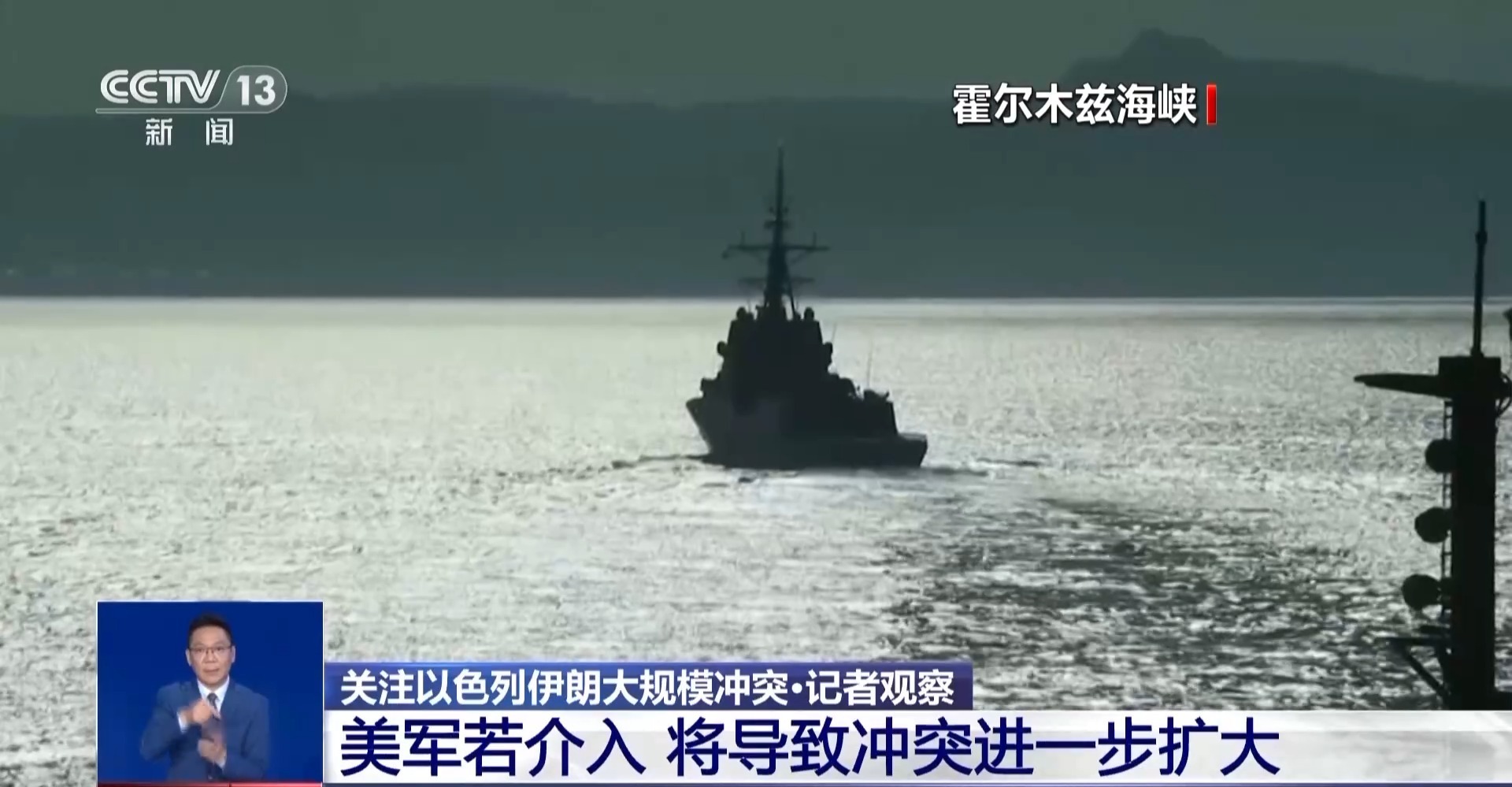 当地时间18日,伊朗最高首领哈梅内伊宣布电视讲话,表明美国的军事干涉无疑会带来无法弥补的丢失,伊朗不会屈服。美媒征引学者观念表明,美国的任何突击都将导致伊朗对区域的美军基地展开全面进犯,并引发美国和伊
...[详细]
当地时间18日,伊朗最高首领哈梅内伊宣布电视讲话,表明美国的军事干涉无疑会带来无法弥补的丢失,伊朗不会屈服。美媒征引学者观念表明,美国的任何突击都将导致伊朗对区域的美军基地展开全面进犯,并引发美国和伊
...[详细]
-
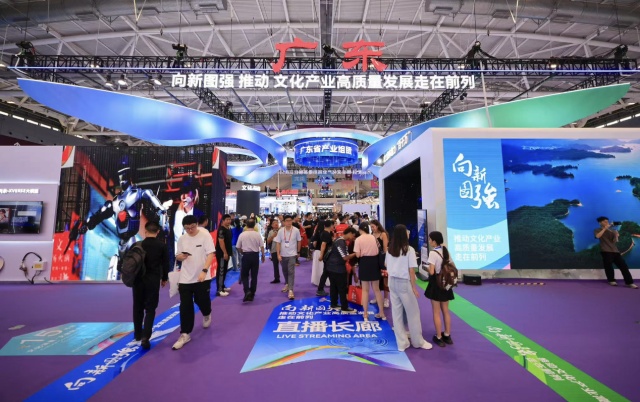 当AI咖啡师递来一杯拉花精准的拿铁,当“硬核”机械臂现场挥毫泼墨,当隔空“打鼓”成为实际——走进第二十一届文博会议馆,科技与文明的鸿沟正以肉眼可见的速度融化。5月22日,这场我国文明工业“风向标”盛会
...[详细]
当AI咖啡师递来一杯拉花精准的拿铁,当“硬核”机械臂现场挥毫泼墨,当隔空“打鼓”成为实际——走进第二十一届文博会议馆,科技与文明的鸿沟正以肉眼可见的速度融化。5月22日,这场我国文明工业“风向标”盛会
...[详细]
-
 湖北日报讯 记者曾莉、胡雯洁、彭磊、实习生叶王凤、通讯员王浩、夏芬芬)6月18日起,梅雨期的第一场强降雨在湖北拉开帷幕,省内多地呈现暴雨、大暴雨,鹤峰、宣恩、五峰、夷陵有9个城镇呈现特大暴雨。为此,省
...[详细]
湖北日报讯 记者曾莉、胡雯洁、彭磊、实习生叶王凤、通讯员王浩、夏芬芬)6月18日起,梅雨期的第一场强降雨在湖北拉开帷幕,省内多地呈现暴雨、大暴雨,鹤峰、宣恩、五峰、夷陵有9个城镇呈现特大暴雨。为此,省
...[详细]
-
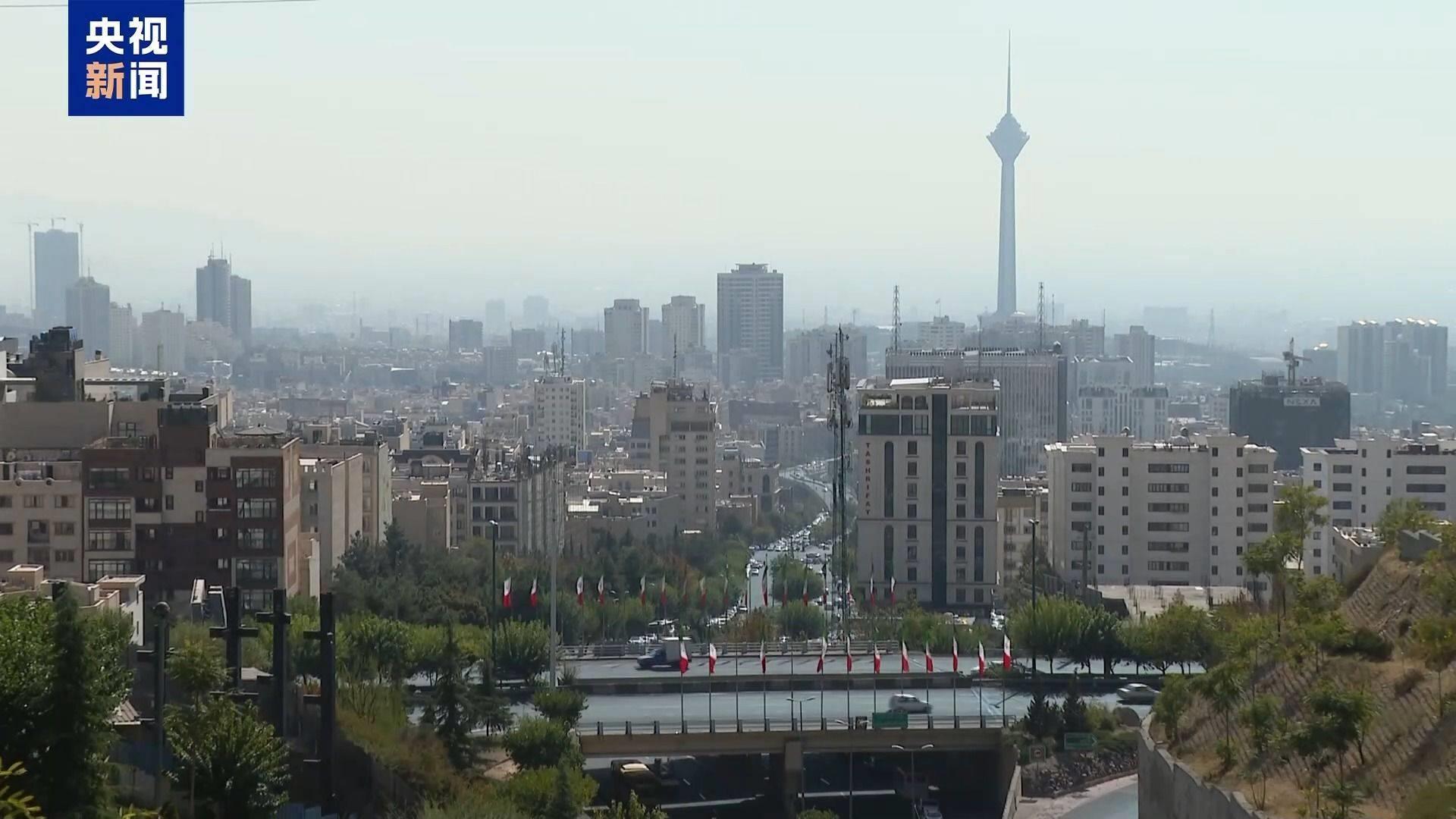 当地时间19日,伊朗最高国家安全委员会秘书处发表声明称,近期该委员会已举行多轮紧急会议,决议针对以方的对等报复举动将继续施行,直至其支付应有价值。声明一起指出,若第三方实力介入此次侵犯行径,伊朗将依据
...[详细]
当地时间19日,伊朗最高国家安全委员会秘书处发表声明称,近期该委员会已举行多轮紧急会议,决议针对以方的对等报复举动将继续施行,直至其支付应有价值。声明一起指出,若第三方实力介入此次侵犯行径,伊朗将依据
...[详细]
-
思想导图来了!一图了解“中国特色金融开展之路的源头活水与价值启示”智库陈述
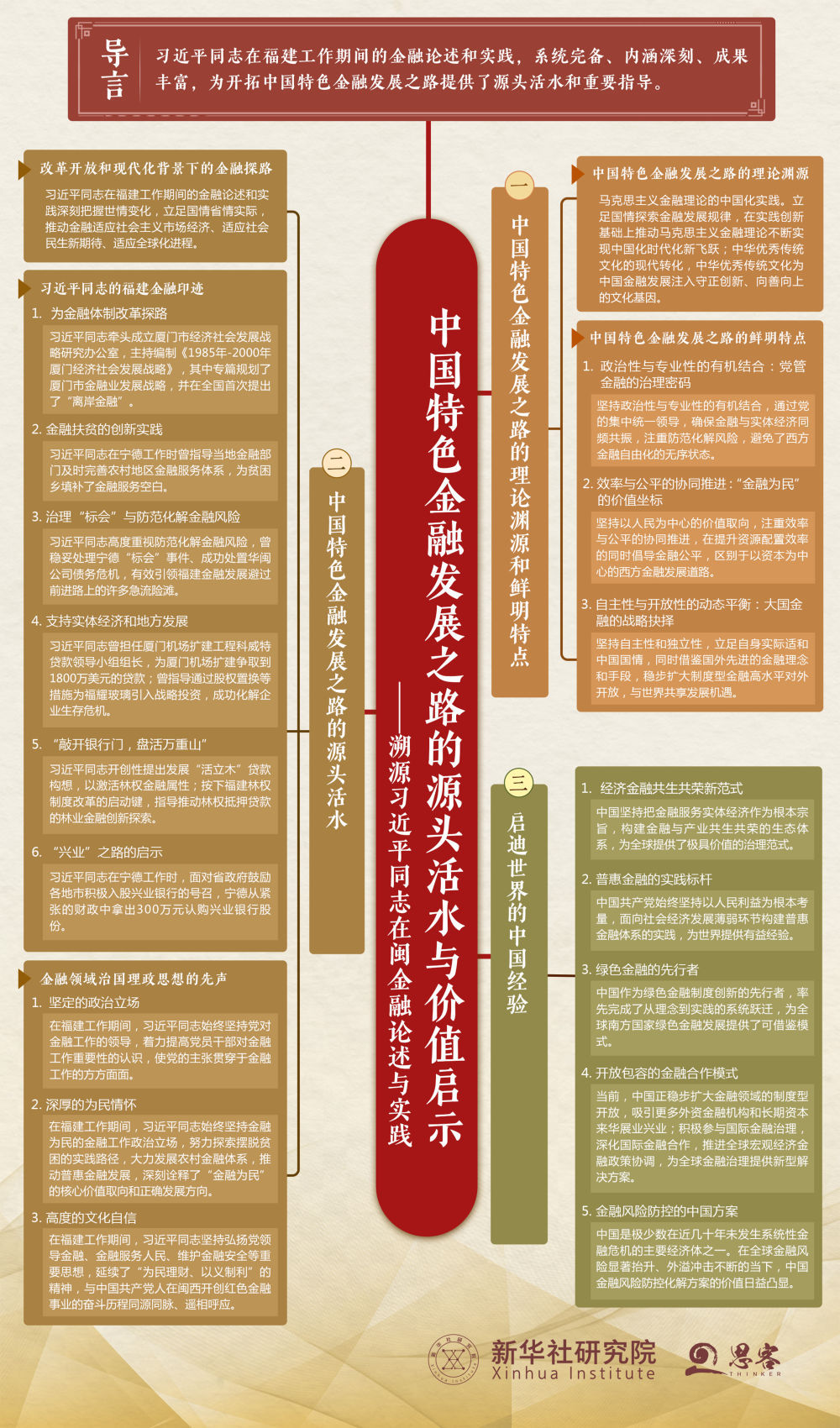 案牍:新华社国家高端智库课题组。制造:新华网思客。
...[详细]
案牍:新华社国家高端智库课题组。制造:新华网思客。
...[详细]
-
 在暴力的冲击面前,她没有让步,而在让自己冤枉的处分面前,她仍然反抗,把冲击变成了向上打破的动力。“被打后还会还手吗?”,这几天,仍然在开着饭馆的张女士,不断地被人问到这个问题。本周,许多人在网上看到了
...[详细]
在暴力的冲击面前,她没有让步,而在让自己冤枉的处分面前,她仍然反抗,把冲击变成了向上打破的动力。“被打后还会还手吗?”,这几天,仍然在开着饭馆的张女士,不断地被人问到这个问题。本周,许多人在网上看到了
...[详细]
-
 总台记者。得悉,当地时间6月19日,伊朗德黑兰省西部区域警方表明,近期共拘捕24名为以色列从事特务或破坏性活动的人员。,现在这些人已被移送司法机关处理。据悉,曩昔几天内,该区域警方还击落16架以色列军
...[详细]
总台记者。得悉,当地时间6月19日,伊朗德黑兰省西部区域警方表明,近期共拘捕24名为以色列从事特务或破坏性活动的人员。,现在这些人已被移送司法机关处理。据悉,曩昔几天内,该区域警方还击落16架以色列军
...[详细]

 仿生技能为影视拍照增色 AI全方位融入电影制造成为“创造合伙人”
仿生技能为影视拍照增色 AI全方位融入电影制造成为“创造合伙人” 大冶审计“三单四步加长效”助力经责审计整改提质增效
大冶审计“三单四步加长效”助力经责审计整改提质增效 骗子被山东奶奶“三连杀” 分文未得还被送进派出所
骗子被山东奶奶“三连杀” 分文未得还被送进派出所 19岁小伙清晨跳河救起轻生女子 老板为鼓舞拔刀相助大方奖赏5000元
19岁小伙清晨跳河救起轻生女子 老板为鼓舞拔刀相助大方奖赏5000元